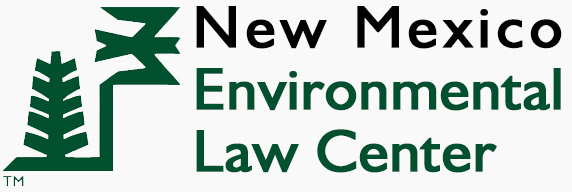Every summer when I was growing up, I looked forward to the time I would spend with my family in Tularosa. A quiet oasis, these weeks were spent picking fruit from the trees in my grandparents’ yard and racing empty banana split boats through the irrigation ditches with my cousins. My grandfather, Demetrio “Dee” Herrera Montoya, served as mayor of Tularosa for many years. He passed away in 2010 after a battle with pancreatic cancer. He and my grandmother were children when the world’s first nuclear weapon was detonated on July 16, 1945, approximately 45 miles from their homes in the Tularosa Basin.
This nuclear test, code named “Trinity” by Los Alamos Laboratory Director J. Robert Oppenheimer, was carried out without the knowledge or consent of the approximately 500,000 people within a 150-mile radius of the blast zone. The blast took place in the White Sands, a place sacred to many Indigenous communities and rich with cultural resources such as the recently discovered 23,000-year-old human footprints. Oral histories from the time of the detonation tell of how ash fell from the sky like snow for days afterward, blanketing entire communities and contaminating crops, drinking water, soil and livestock grazing sites with toxic radiation.
The history of World War II that I learned growing up never included the fact the nuclear bombings of Hiroshima and Nagasaki were preceded by a nuclear test that exposed American citizens, my own family and community, to harmful radiation. The cost was immense; many people lost their lives to cancer, and families struggled with the medical bills and travel required for treatment. In the 77 years since the Trinity test, the U.S. government has never recognized the tremendous harm to the communities enlisted into service of our country without their consent….
Read more.
